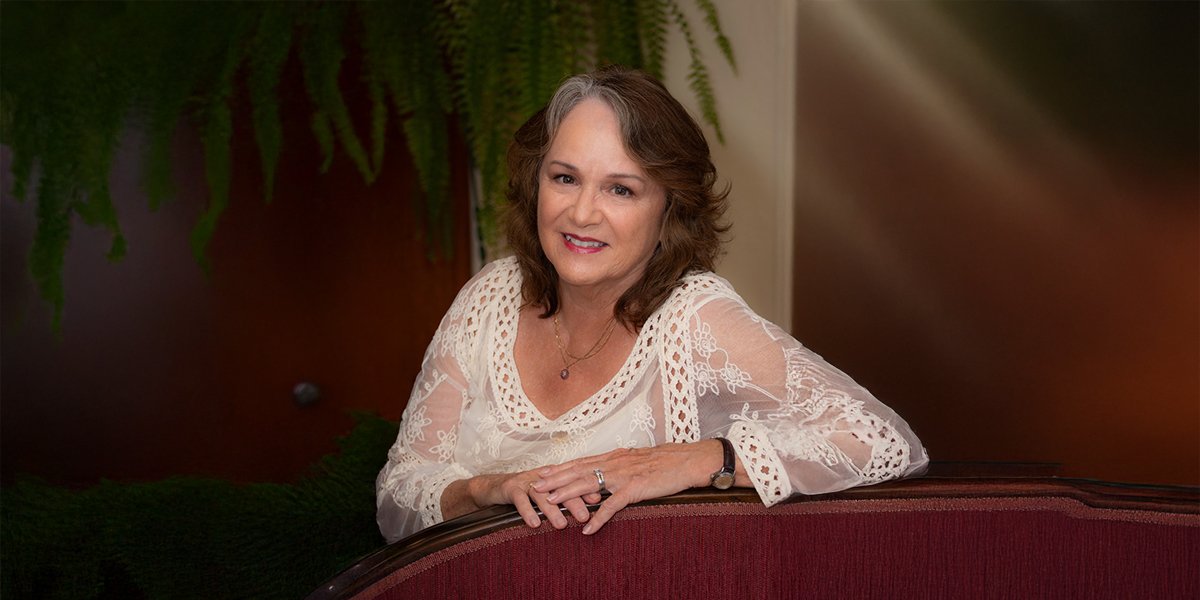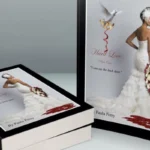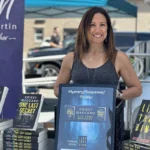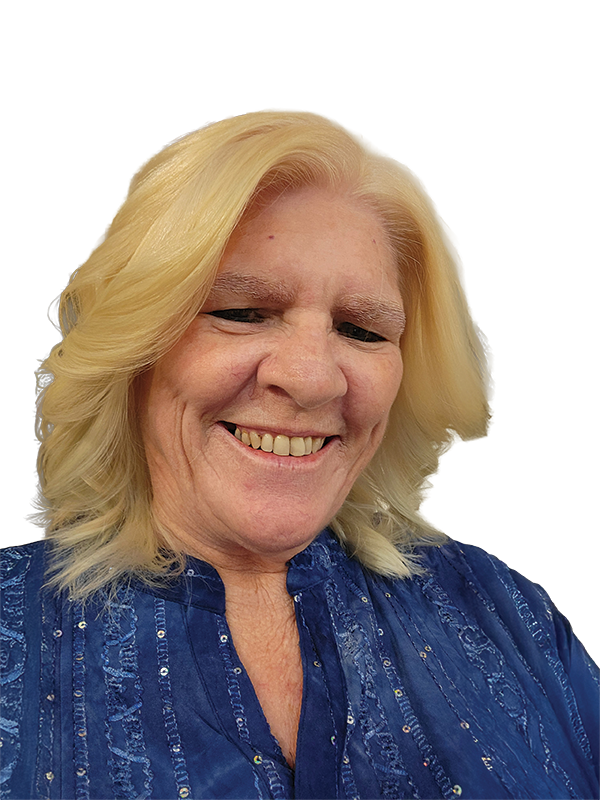Francine Falk-Allen Uncovers Family Secrets and Embraces Life Through Writing

Exploring Hidden Truths And Resilience Through Memoir And Historical Fiction
Francine Falk-Allen, award-winning author, discusses her journey from memoir to historical fiction, uncovering family secrets, embracing disability, and crafting stories that speak to resilience and identity.
Francine Falk-Allen is a literary force whose writing gracefully intertwines resilience, wit, and truth. With a keen eye for nuance and a generous heart for storytelling, she brings readers into the intricate fabric of lived experience—whether navigating life with a disability, confronting the layered realities of aging, or unearthing long-buried family secrets through historical fiction. Her acclaimed memoir Not a Poster Child: Living Well with a Disability and the refreshingly candid No Spring Chicken have earned well-deserved recognition from Kirkus Reviews, BuzzFeed, Pop Sugar, and Conversations Magazine, among others. Both books are not only highly readable but deeply moving, offering humour and insight in equal measure.
Falk-Allen’s writing is honest, witty, and deeply human—an inspiring voice for readers seeking truth, healing, and powerful personal narratives.
Now, with her historical novel A Wolff in the Family, Falk-Allen takes a bold and poignant turn, blending her skill as a memoirist with the imagination of a novelist. What begins as a startling revelation from a family member unfolds into a sweeping tale set in early 20th-century America—anchored in real events, enriched by empathetic characterisation, and propelled by the author’s signature clarity and honesty.
At Mosaic Digest Magazine, we celebrate authors who illuminate life’s complexities with both candour and creativity. In this exclusive interview, Francine Falk-Allen shares the emotional journey behind her new work, reflects on the healing power of writing, and offers an intimate glimpse into her evolving literary vision. Her voice is one of hard-won wisdom and enduring vitality—qualities that will continue to inspire readers and writers alike.
What inspired you to shift from writing memoirs to exploring your family history through historical fiction in your latest book?
I had attended a memorial service for one of my mother’s brothers when her sister, my aunt Dorothy, dropped a bombshell about family history in he 1930’s that my mother had not shared before she died. There were secrets that shocked me, and it was too good a story to shelve. As the writer in the family, I was the one to develop the fiction.
Can you describe the emotional journey of uncovering your family’s secrets that became the heart of your new novel?
Most of the emotional impact was in the moment that I learned these things my mother had not told me. That was jaw-dropping, particularly that my grandfather had put his five youngest children in an orphanage. My sister, who was a young adult when I was born, had also not been told about these concealments. When we discussed this, we agreed that it was not so surprising that Mother had not told us, because she was extremely secretive. She compartmentalized her life; Mother treated the two of us as if we were barely related because we came from two different marriages. I realized, too, that Mom was ashamed of her mother, and of her father, even though she was close to her dad.
So, I did not go through any angst; my emotional journey was more to do with imagining what the characters must have felt and thought, even though my taciturn mother was the only one I knew well. I did identify most with the character of my grandmother, Naomi, whose personality I fully created, since she died before I was born. I felt the pain she must have felt because of my grandfather’s actions and in the devastating losses she sustained. I also identified with her defiance in reimagining the life she wanted. And, I did wonder how my cousins might react to the book!
How do you balance historical facts with fictional storytelling to create a compelling narrative?
I had written a nine-page essay detailing the facts as I knew them. I then wrote up a chronology of the events, and elaborated as I began to do the real writing. I looked up details from the era to understand how the characters must have lived, basing part of the stories on what my mother and other family members had shared with me. I watch a lot of movies and read as many books as I am able, especially enjoying fiction and mystery, so I have a sense of plotting. I knew that dialogue and characters’ actions are more vivid in developing a personality than trying to describe a person. I love conversation myself, and knew that the topics the characters would have discussed would likely have been about their everyday lives, and whatever current events had a real effect upon them. In effect, the facts of the story, both those belonging to the family, and the kind of domestic life they must have had, based on my research about furniture, appliances, streetcars, the railroad that was so much a part of their life, the settings in which they lived, were the skeleton of the story. My imagination filled in the flesh, the conversations, the comings and goings, the attitudes. If it were just facts, it would have been a dry nine-page essay!
How has writing helped you process and heal from your experiences with disability and aging?
The primary healing I experienced when writing my memoir (I only think of my first book, Not a Poster Child, as a memoir; the second, No Spring Chicken, was intended as self-help and travel but includes personal stories) was this: it was pointed out to me in an early draft that I was pointing fingers at my readers for the way I had been treated as a person with an ambulatory disability. I needed to take stock of my attitude, and this helped me see that people often don’t realize that they are being ableist or saying things that might be hurtful or short-sighted. I re-wrote the whole book simply relating my experiences and allowing the readers to draw their own conclusions about their attitudes. This aided me in forgiveness. It was a step in my late life maturing process. Writing the chapter about my father, and losing him, however, was very cathartic. I cried nearly every time I re-wrote it.
In what ways do your community roles, like facilitating the polio survivors’ group, influence your writing?
The main way my community roles (facilitating a polio survivors’ group and also a writing group, plus being in two meditation groups [one for people with disabilities] and a women’s group, in all of which we do share personal issues), affect my writing is that I hear the perspectives of people who have disabilities and are aging. I can reflect in my writing what tend to be the common perspectives, attitudes, problems, ironies, and hopefully humor of these friends.
“I hear the perspectives of people who have disabilities and are aging. I can reflect in my writing what tend to be the common perspectives.” – Francine Falk-Allen
What new projects or genres are you excited to explore next in your writing career?
My next project is to write a series of short stories based on my father’s ancestors, who emigrated to the United States from Ireland in the late 1700’s. I have a trove of information about my direct line in the family, and I am especially excited to portray the women. I’ll start with my fourth great-grandmother who came over as a toddler and eventually married my fourth great grandfather, the older man who had originally brought her over. My third great grandmother, who grew up in the southern US and was a slave holder, seems to have protected them from being separated throughout the Civil War, and then afterward helped them buy property of their own in the north. It will be fun to create personalities again, and do the extensive research needed to make the stories come alive!













